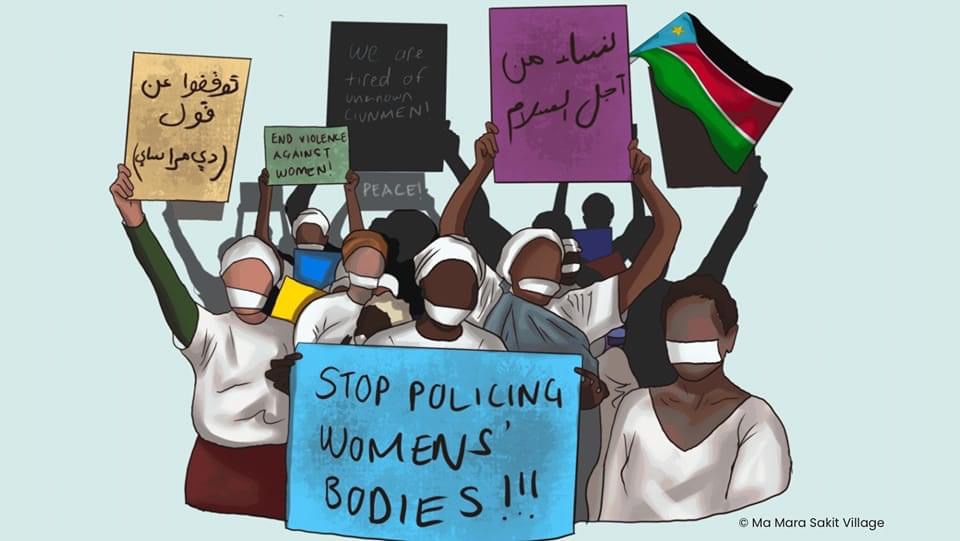South Sudan, the world’s newest country since gaining independence in 2011, has a legal system shaped by customary law, statutory law, and international human rights norms. Here’s a breakdown of the types of laws in South Sudan and how they function:
Main Types of Laws in South Sudan
1. Statutory Law (Modern/Constitutional Law)
- Based on the Transitional Constitution of South Sudan (2011).
- Enacted by the Transitional National Legislative Assembly.
- Covers:
- Criminal and civil law
- Governance and elections
- Human rights protections
- Education, land, and environmental policy
2. Customary Law
- Practiced mainly in rural and tribal communities.
- Based on tribal customs, norms, and traditions.
- Deals with:
- Marriage and divorce
- Land disputes
- Cattle compensation (in cases of conflict or crimes)
- Inheritance and family matters
- Administered by traditional chiefs or elders.
Customary law is recognized by the Constitution but must not contradict statutory or international law.
3. Sharia Law
- Applies only in specific contexts, usually among Muslim communities.
- Mostly seen in northern areas with strong Islamic traditions.
- Limited influence compared to its prominence before independence from Sudan.
4. International Law
- South Sudan is party to many international treaties and human rights conventions, such as:
- Universal Declaration of Human Rights (UDHR)
- Convention on the Rights of the Child (CRC)
- African Charter on Human and Peoples’ Rights
- These guide laws on human rights, refugees, women’s rights, etc.
Legal Institutions in South Sudan
- The Judiciary: Includes Supreme Court, Courts of Appeal, and local courts.
- The Ministry of Justice: Oversees legal affairs and drafting of laws.
- Traditional Courts: Handle customary disputes in rural areas.
- Local Government: Applies local by-laws and community rules.
Examples of Key Laws
- The Penal Code Act (2008) – Defines crimes and punishments.
- The Child Act (2008) – Protects children’s rights.
- Land Act (2009) – Governs land ownership, use, and disputes.
- Local Government Act (2009) – Outlines how counties and states are governed.
Challenges in the Legal System
- Weak judicial infrastructure
- Shortage of trained lawyers and judges
- Inconsistent application of laws
- Gender inequality in legal access
- Overreliance on customary practices in remote areas


